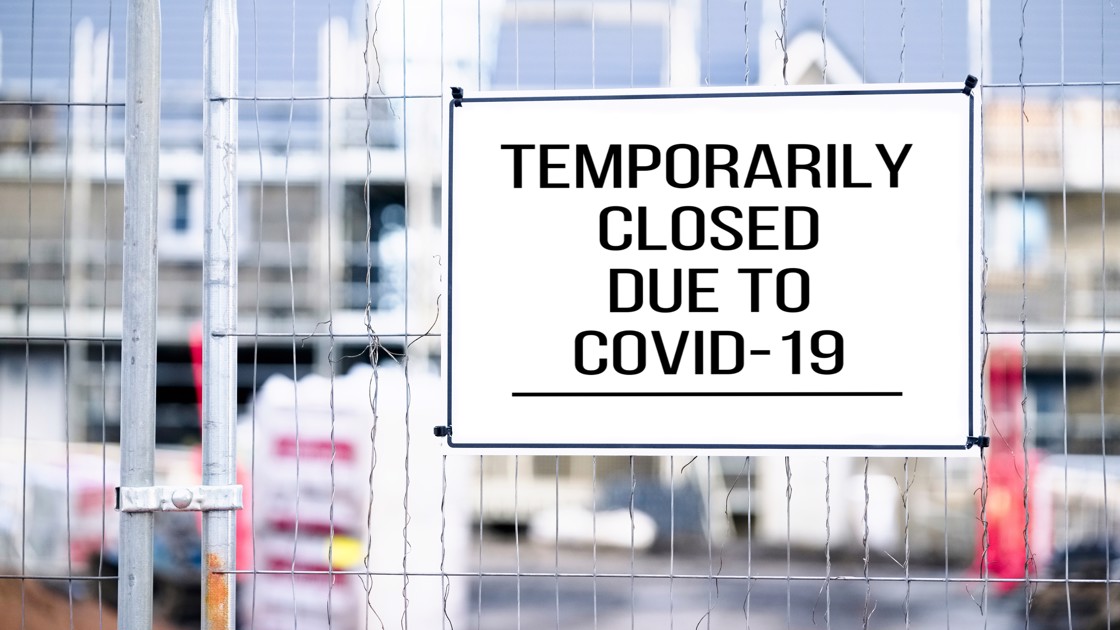We urge public authorities and companies to use this period to prepare the upcoming green and digital transformations of industry by offering training possibilities to workers, especially to those on short-time work or similar.
As the COVID-19 crisis continues to unfold across Europe, industriAll European Trade Union has a strong message to national governments: continue to support short-time work and other job retention schemes for as long as necessary, until economic recovery is reached. At the same time we call on employers to use these public schemes and all available measures before laying off workers or restructuring companies.
The COVID-19 emergency continues across Europe. Most countries are experiencing a second wave of the health crisis. This has a direct, massive economic and social impact, especially following the reintroduction of restrictions and in some places even lock-downs. Whilst the measures to protect public health are justified, adequate measures to tackle the economic and social crisis must follow suit.
National governments must refrain from withdrawing or reducing the public support offered to job retention schemes (short-time work, partial or temporary unemployment etc.). The number of workers participating in such schemes has exceeded 50 million this year. Germany, France and Italy have each put 10 million workers on short time. If governments withdraw the support too quickly, we risk a situation even worse than after the 2008-09 crisis with mass unemployment and a spike in poverty and inequality.
However, public support must come with social strings attached. It must be conditional, so that it does not end up in the pockets of shareholders or in foreign tax havens. Public authorities must therefore establish control mechanisms on how the money is spent. Accordingly, companies that receive state aid should not be allowed to pay dividends to their shareholders or high bonuses to managers. A good example is the Spanish model, where companies that distribute dividends during the fiscal year in question must reimburse the aid received.
The EU must also play its role and support its Member States by immediately making more funds available for the continuation of SURE. This instrument to support job retention schemes cannot remain a temporary one-off tool, especially while the emergency situation continues across the EU. The European Commission needs to urgently use untapped budget to provide direct financial support to Member States to maintain employment. This is is the key to a fair and inclusive recovery. The clock is ticking and the EU needs to urgently start the process of allocating the necessary funds in order to avoid a disastrous liquidity gap. Timing is particularly worrying because the initial SURE funds have still not reached the beneficiary countries.
Employers must also face up to their responsibilities and apply the available public support schemes. They must exhaust all available measures before starting to lay off workers or restructure companies. Instead of laying off workers to reduce costs, companies should freeze dividend payments and reduce disproportionate wages of top and middle management, especially if they receive public support. Companies should make full use of a range of measures supported by trade unions like short-time work, early retirement schemes, reduction of working time, sharing of workers in the same company/sector/supply chain. Good solutions for all are possible if unions and employers work together.
In countries with a well-functioning social dialogue and collective bargaining systems, this period is used to start preparing workers for the green and digital transformations of the industries. Good examples come from Germany, Austria and Denmark, where short-time work is combined with training.
Isabelle Barthes, Deputy General Secretary of industriAll Europe, said: “We are still far away from reaching the end of the COVID-19 crisis. The public support of short-time work and job retention schemes needs to continue until a full recovery is reached to prevent an economic and social tragedy in Europe. Employers must play their part and avoid dismissals at all costs. If they work together with unions, they can find acceptable solutions for their company and the workers. We also urge public authorities and companies to use this period to prepare the upcoming green and digital transformations of industry by offering training possibilities to workers, especially to those on short-time work or similar.”
Contact: Andrea Husen-Bradley (press and communication), Patricia Velicu (policy adviser)
